Quiz History
Last Updated:
Are you a history buff? Our quizzes are for you! Test your knowledge of the great historical periods, landmark events, famous people and civilizations that have shaped the world as we know it today.
Our history quizzes are a fun and educational way to relive key moments in human history. With a varied selection of questions, you can test your knowledge on topics ranging from antiquity to the 21st century, including the Middle Ages, the Renaissance, industrial and political revolutions.
Do you know who signed the U.S. Declaration of Independence? Do you know the dates of major battles such as Hastings and Waterloo? Can you identify iconic figures such as Napoleon, Cleopatra and Martin Luther King? Our history quizzes are designed to help you answer all these questions while enriching your historical knowledge.
As you explore our history quizzes, you’ll discover fascinating anecdotes, little-known facts and striking details about the events and characters that changed the course of history. Whether you’re a history buff, a student or simply curious, our quizzes are an interactive and entertaining way to test your knowledge and learn more about the events that have shaped the world.
Test your knowledge and travel through the ages with our history quizzes!
Test your knowledge of history with our quizzes. Whether you’re an amateur or a true enthusiast, our quizzes will offer you a challenge adapted to your level.
Compare yourself with other history buffs and find out where you stand among connoisseurs of the great historical periods. Each question is an opportunity to learn and deepen your knowledge.
Our history quizzes are not simple knowledge tests, but interactive learning tools. Each question is accompanied by detailed explanations and interesting facts about key events, characters and eras.
By answering the questions, you’ll enrich your general knowledge and develop a better understanding of the past. Use our quizzes to explore new historical periods, discover fascinating anecdotes and strengthen your knowledge of world history.
history
/ 10
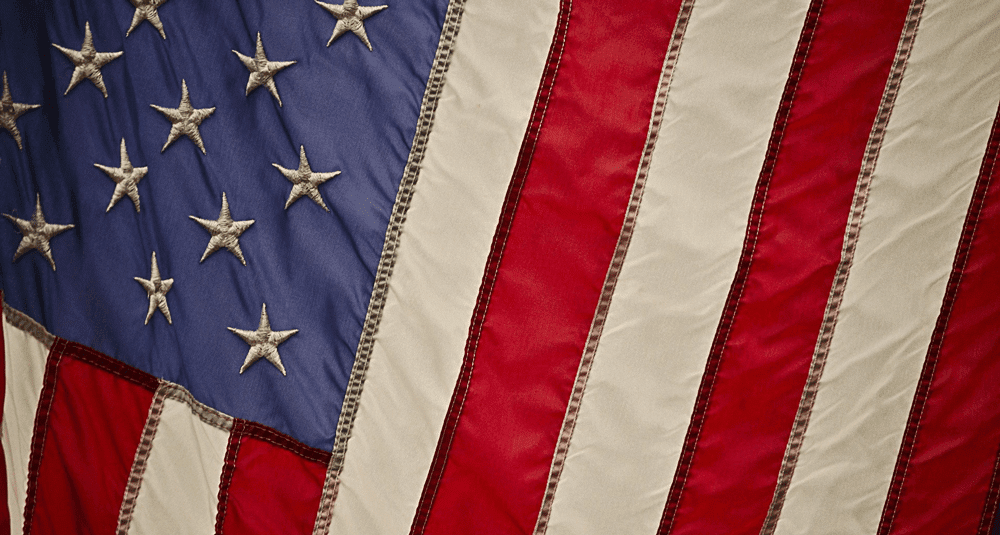
Who was murdered by James Earl Ray?
1Martin Luther King
2John Fitzgerald Kennedy

🙌 Good answer
James Earl Ray (born in Alton, Illinois on March 10, 1928 and died in Nashville on April 23, 1998) is an American criminal, sentenced to 99 years in prison for the murder on April 4, 1968, in Memphis, Tennessee, of Pastor Martin Luther King Jr., winner of the Nobel Peace Prize in 1964.
Next question

😞 Wrong answer
James Earl Ray (born in Alton, Illinois on March 10, 1928 and died in Nashville on April 23, 1998) is an American criminal, sentenced to 99 years in prison for the murder on April 4, 1968, in Memphis, Tennessee, of Pastor Martin Luther King Jr., winner of the Nobel Peace Prize in 1964.
Next question
history
/ 10
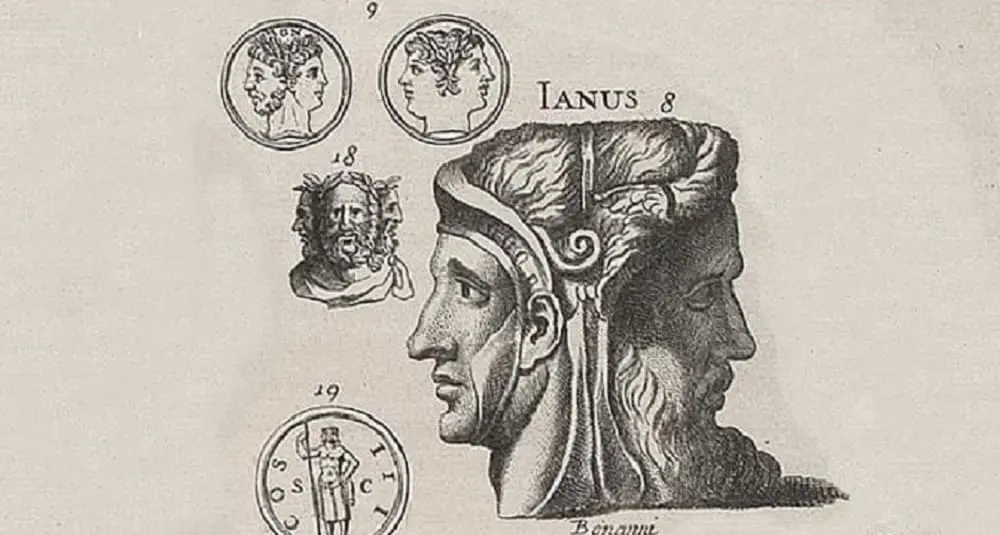
What does Janus symbolize?
1Past and future
2War and peace

🙌 Good answer
In Roman mythology, Janus symbolizes beginnings, endings, the passage of time and transitions, with his two faces turned towards the past and the future.
Next question

😞 Wrong answer
In Roman mythology, Janus symbolizes beginnings, endings, the passage of time and transitions, with his two faces turned towards the past and the future.
Next question
history
/ 10
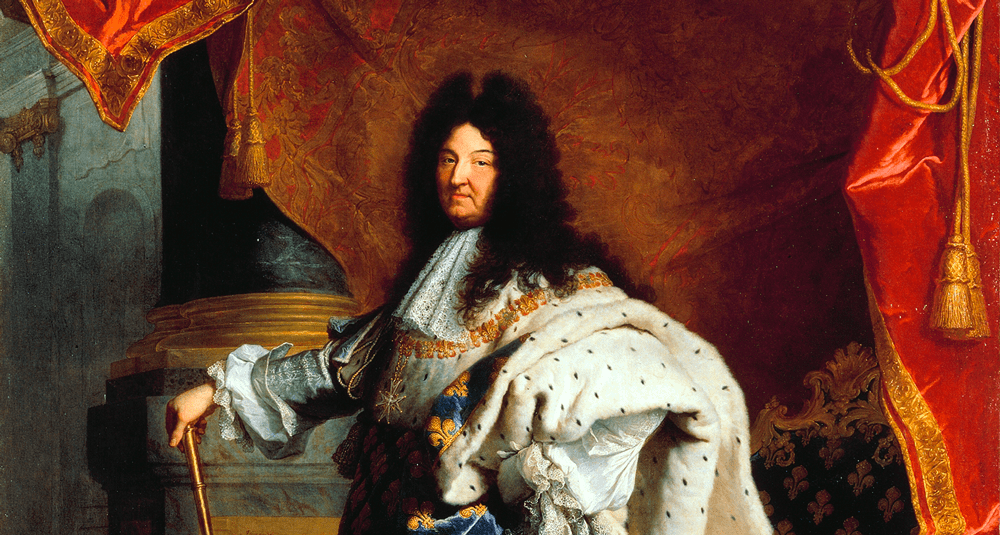
How old was Louis XIV when he became king?
15 years old
213 years old

🙌 Good answer
Louis XIV became King of France at the age of 5, in 1643, on the death of his father, Louis XIII. His mother, Anne of Austria, assumed the regency.
Next question

😞 Wrong answer
Louis XIV became King of France at the age of 5, in 1643, on the death of his father, Louis XIII. His mother, Anne of Austria, assumed the regency.
Next question
history
/ 10
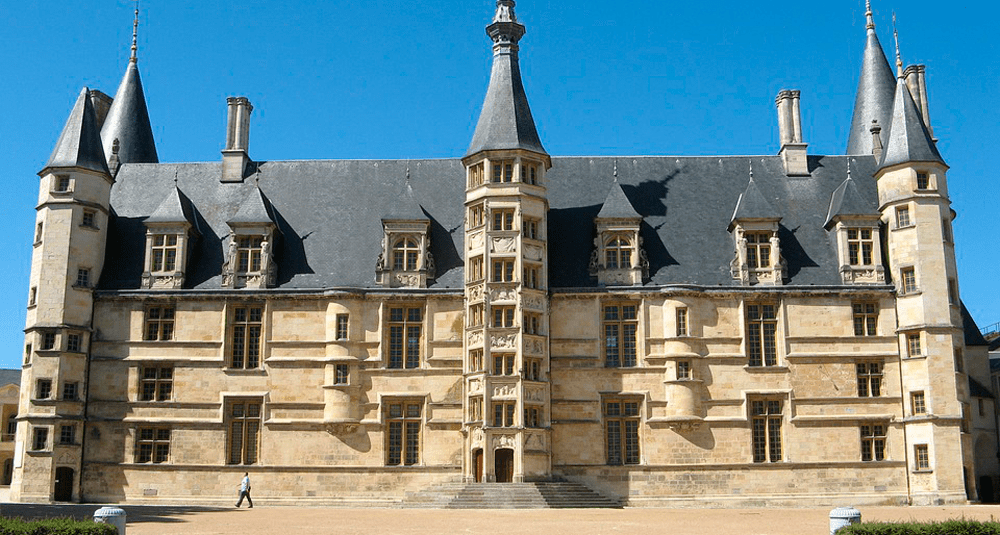
What is the first of the Loire castles?
1Nevers
2Saumur

🙌 Good answer
The Ducal Palace of Nevers is a castle of xve and xve centuries. It is considered as the first of the Loire castles.
Next question

😞 Wrong answer
The Ducal Palace of Nevers is a castle of xve and xve centuries. It is considered as the first of the Loire castles.
Next question
history
/ 10
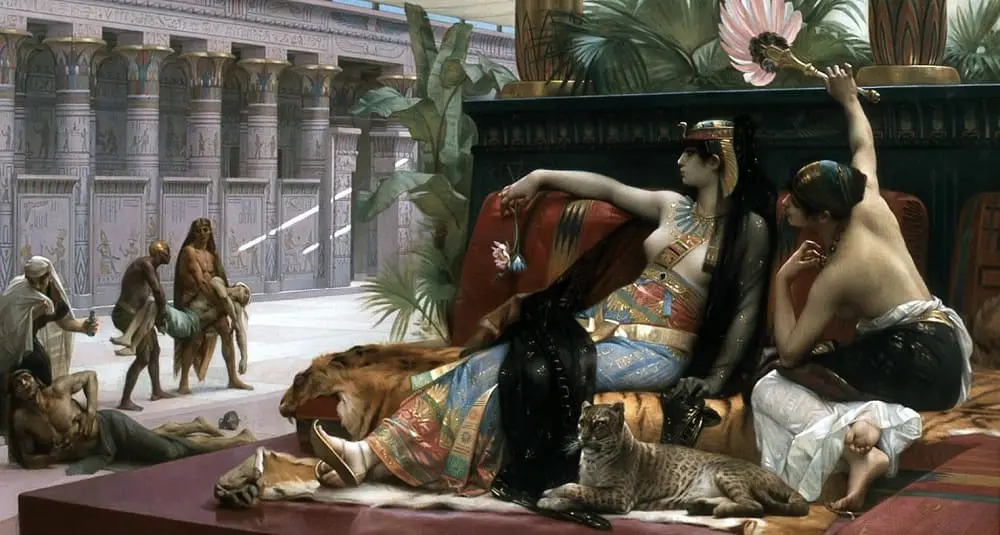
What was the cause of Cleopatra's death?
2Suicide
1Murder

🙌 Good answer
Cleopatra VII, Egypt's last queen, died in Alexandria in August 30 BC, probably from an asp bite or poisoning.
Next question

😞 Wrong answer
Cleopatra VII, Egypt's last queen, died in Alexandria in August 30 BC, probably from an asp bite or poisoning.
Next question
history
/ 10
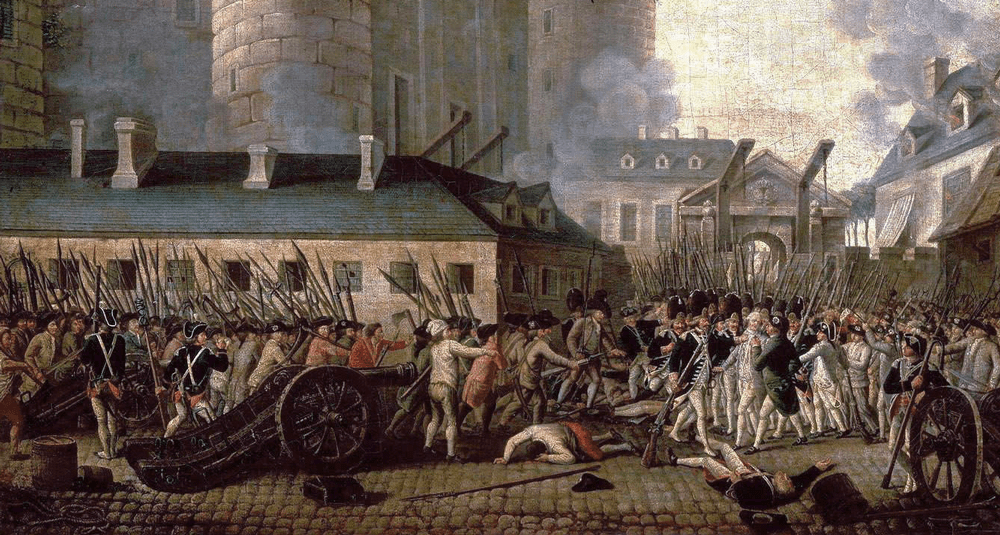
What emblematic event of the French Revolution took place on July 14, 1789?
1The storming of the Bastille
2The assassination of Marat

🙌 Good answer
On July 14, 1789, the storming of the Bastille marked a decisive turning point in the French Revolution. The event symbolized the struggle against tyranny and the quest for freedom.
Next question

😞 Wrong answer
On July 14, 1789, the storming of the Bastille marked a decisive turning point in the French Revolution. The event symbolized the struggle against tyranny and the quest for freedom.
Next question
history
/ 10
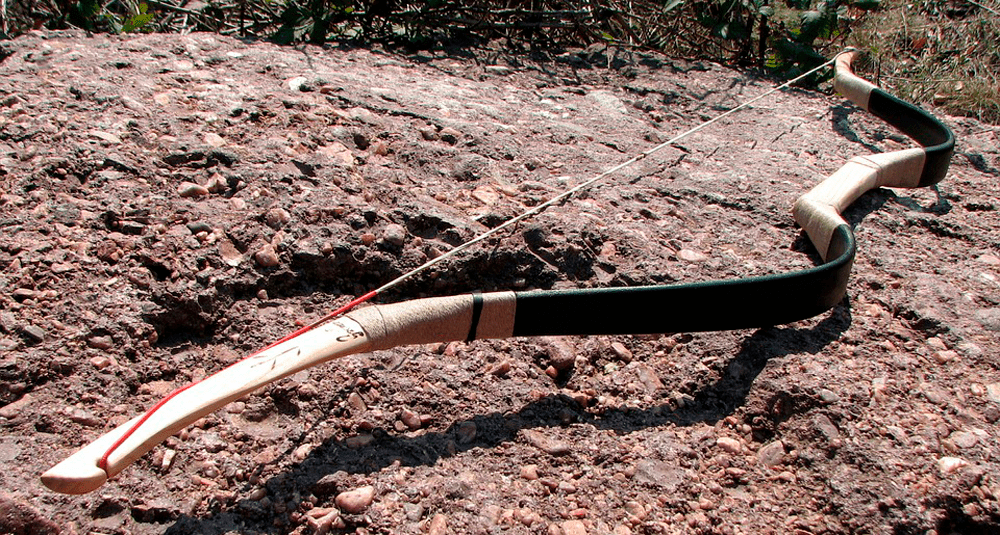
When did the Huns of Attila invade Roman Gaul?
2451
1351

🙌 Good answer
Attila's Huns invaded Roman Gaul in 451 AD, culminating in the Battle of the Catalaunic Fields.
Next question

😞 Wrong answer
Attila's Huns invaded Roman Gaul in 451 AD, culminating in the Battle of the Catalaunic Fields.
Next question
history
/ 10

What is Plato's real name?
1Aristocles
2Diotima

🙌 Good answer
Plato's real name was Aristocles. This nickname, which means “large” in Greek, is said to have been given to him because of his imposing forehead or build.
Next question

😞 Wrong answer
Plato's real name was Aristocles. This nickname, which means “large” in Greek, is said to have been given to him because of his imposing forehead or build.
Next question
history
/ 10
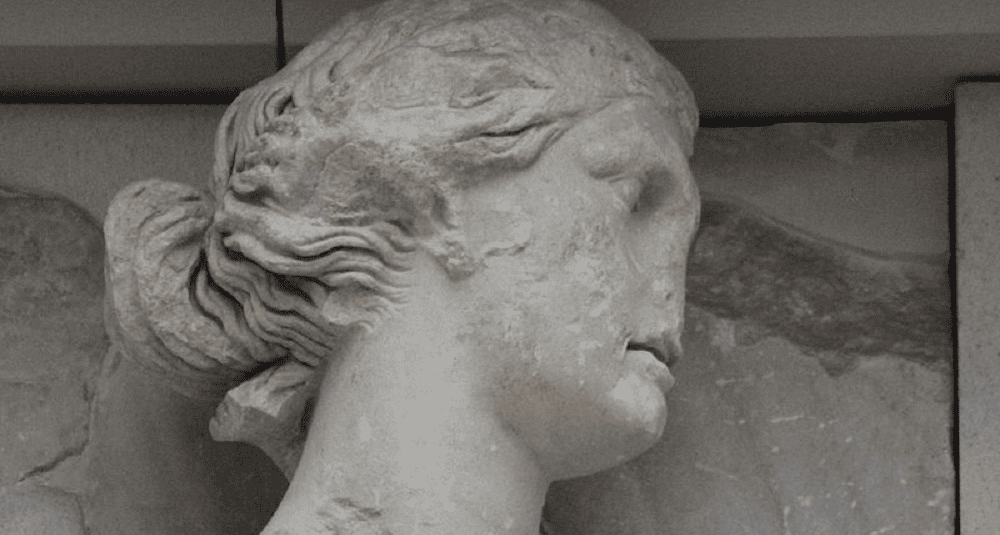
Who was Theia in Greek mythology?
1Goddess of Light
2Goddess of Darkness

🙌 Good answer
In Greek mythology, Theia is a Titanid, daughter of Ouranos and Gaia. She is the goddess of celestial light and mother of Helios, Selene and Eos.
Next question

😞 Wrong answer
In Greek mythology, Theia is a Titanid, daughter of Ouranos and Gaia. She is the goddess of celestial light and mother of Helios, Selene and Eos.
Next question
history
/ 10
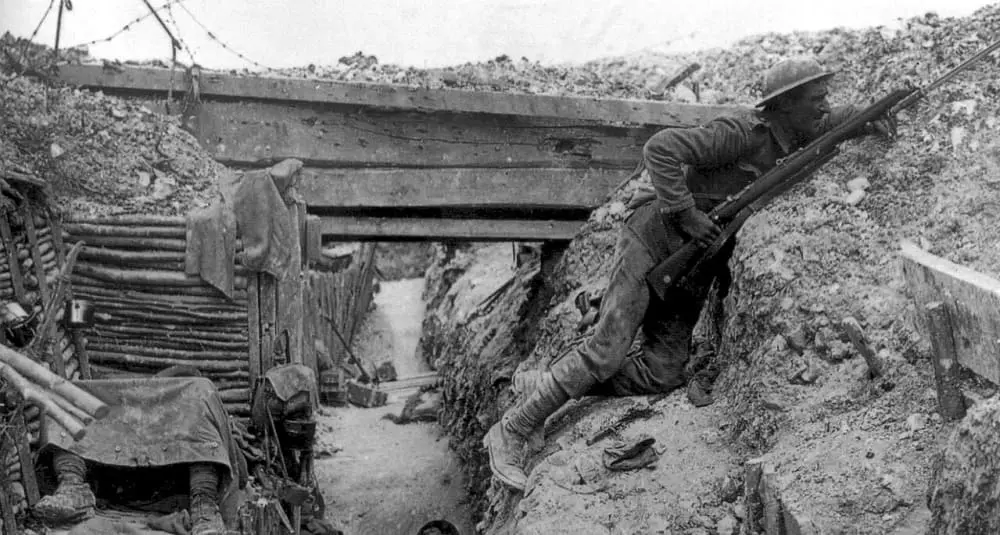
Which countries are part of the Triple Entente?
2France, United Kingdom and Russia
1Germany, Austria-Hungary and Italy

🙌 Good answer
The Triple Entente consisted of France, the UK and Russia, allied before 1914 to counter the rise of the Triple Alliance powers.
Next question

😞 Wrong answer
The Triple Entente consisted of France, the UK and Russia, allied before 1914 to counter the rise of the Triple Alliance powers.
Next question



